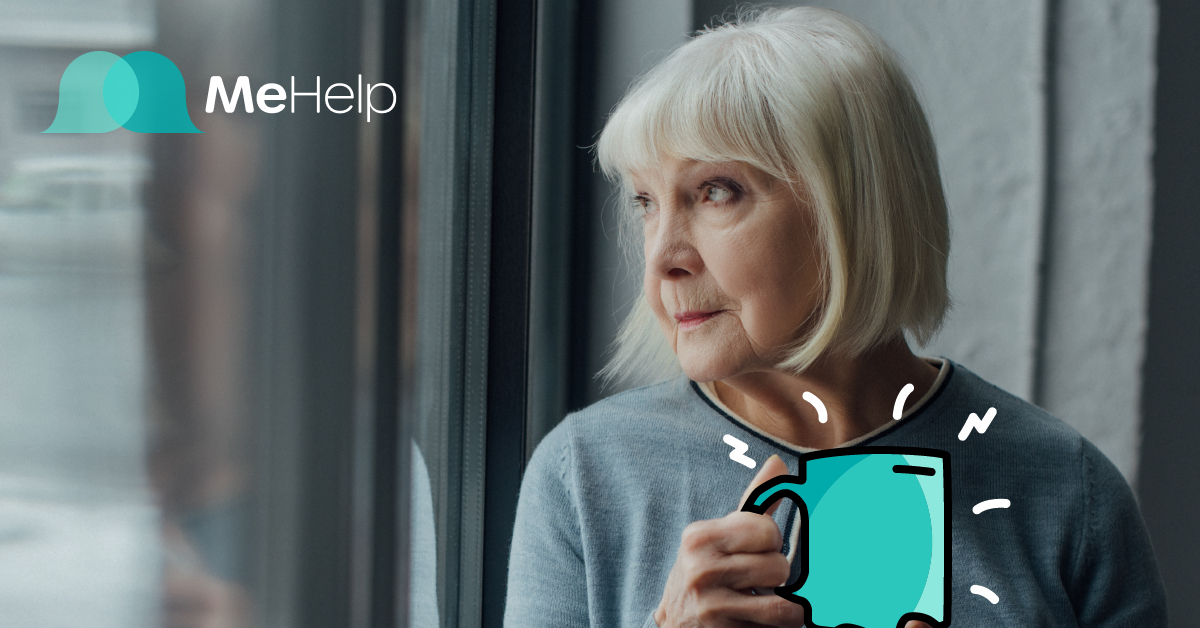Body Dysmorphia: Understand, Manage and Overcome
Body Dysmorphic Disorder (BDD), or body dysmorphia, is a mental health condition where you become excessively concerned with perceived flaws in your physical appearance. These flaws may be minor or even imagined, but they cause significant distress and interfere with daily life.
Recognising and addressing body dysmorphia is key to improving your quality of life and emotional wellbeing.
What Causes Body Dysmorphia?
Body dysmorphia can develop from various factors, including:
- Genetic predisposition
- Neurochemical imbalances
- Environmental influences, such as societal or peer pressure
- Experiences of bullying or trauma
- Low self-esteem and perfectionist tendencies
Recognise the Signs of Body Dysmorphia
Common symptoms include:
- Obsessive concern about specific body parts or overall appearance
- Frequently checking mirrors or avoiding mirrors entirely
- Constantly comparing yourself to others
- Excessive grooming or cosmetic procedures
- Seeking reassurance about appearance repeatedly
- Social withdrawal due to appearance anxiety
- Severe distress or anxiety linked to appearance

Myths about Body Dysmorphia
Myth: Body dysmorphia is just vanity or attention-seeking. Truth: BDD is a serious psychological condition causing intense emotional distress and disruption in life.
Myth: Cosmetic surgery or procedures can solve body dysmorphia. Truth: Cosmetic procedures rarely help and often worsen symptoms by reinforcing obsessive thoughts.
Importance of Professional Help
Untreated body dysmorphia can lead to depression, anxiety, social isolation and severe impairment in daily life. Professional help can:
- Reduce obsessive thoughts and compulsive behaviours
- Build healthier self-perceptions
- Enhance self-esteem and social functioning
- Teach effective coping strategies
How MeHelp Psychology Can Assist
Our psychologists at MeHelp Psychology offer specialised treatments for body dysmorphia, including:
- Personalised Therapy: Individual treatment plans addressing your specific concerns and goals.
- Cognitive Behavioural Therapy (CBT): Techniques to challenge distorted thoughts and behaviours.
- Exposure and Response Prevention (ERP): Gradual exposure to triggers to reduce obsessive behaviours.
- Acceptance and Commitment Therapy (ACT): Building acceptance and improving psychological flexibility.
Real-Life Example
Olivia, 24, experienced severe anxiety over perceived flaws in her appearance, avoiding social interactions and obsessively checking mirrors. With support from a MeHelp psychologist, Olivia engaged in CBT and ERP therapy. Over time, she learned healthier coping mechanisms, reduced her anxiety and gradually re-engaged socially with confidence.
Practical Steps You Can Take Today
- Limit Mirror Checking: Gradually reduce how often you check your appearance to break compulsive habits.
- Practice Mindfulness: Regular mindfulness exercises can reduce anxiety related to body image concerns.
- Challenge Negative Thoughts: Learn to question negative self-perceptions by considering objective evidence.
- Seek Support: Talk openly with trusted friends, family or support groups.
- Avoid Excessive Comparisons: Reduce exposure to social media or situations that trigger appearance anxiety.

Frequently Asked Questions (FAQs)
Can body dysmorphia be effectively treated online?
Yes. Online therapy is effective, convenient and accessible for treating body dysmorphia using evidence-based approaches.
Do I need medication for body dysmorphia?
Medication can sometimes help reduce severe symptoms, but therapy is typically the primary treatment. Consulting with a psychologist or psychiatrist can clarify your best treatment options.
Are Medicare rebates available for body dysmorphia treatment?
Yes. With a Mental Health Care Plan from your GP, Medicare rebates apply for psychological services related to body dysmorphia.
Start Your Journey to Self-Acceptance
You don't have to struggle with body dysmorphia alone. MeHelp Psychology offers compassionate, effective support to help you reclaim your life.
Book your first session today and begin your journey towards healthier self-perception and greater confidence.
Are you ready to speak to an online psychologist?
Our caring team are ready to help you. Contact us today to book your 15-minute consultation (at no cost, and no obligation) at a time that is convenient to you. You can be speaking to a psychologist online quickly.
Get Started